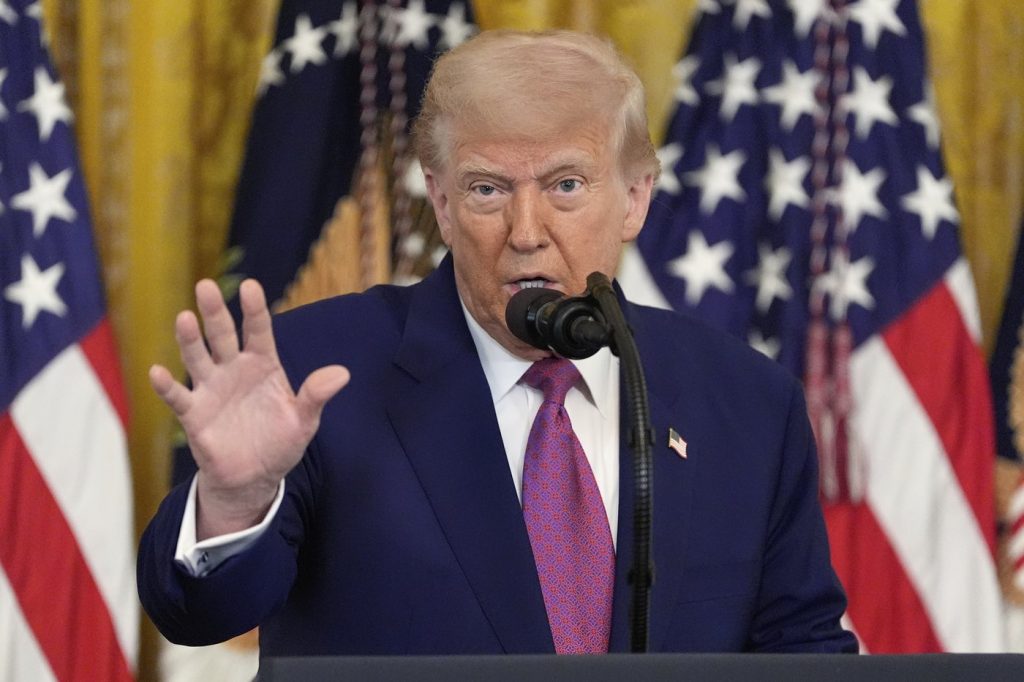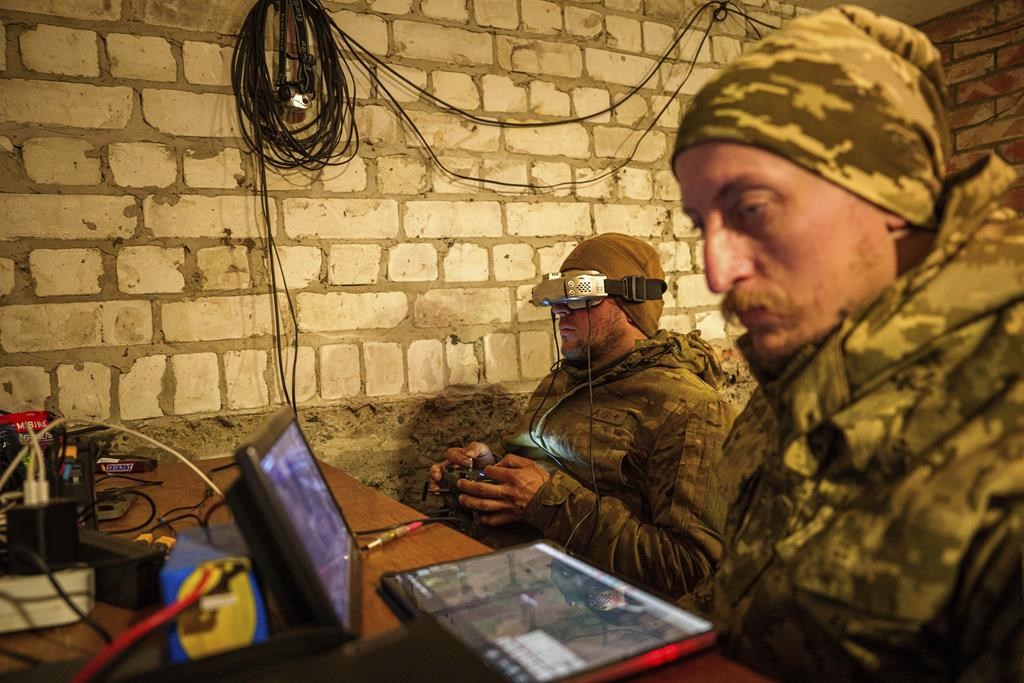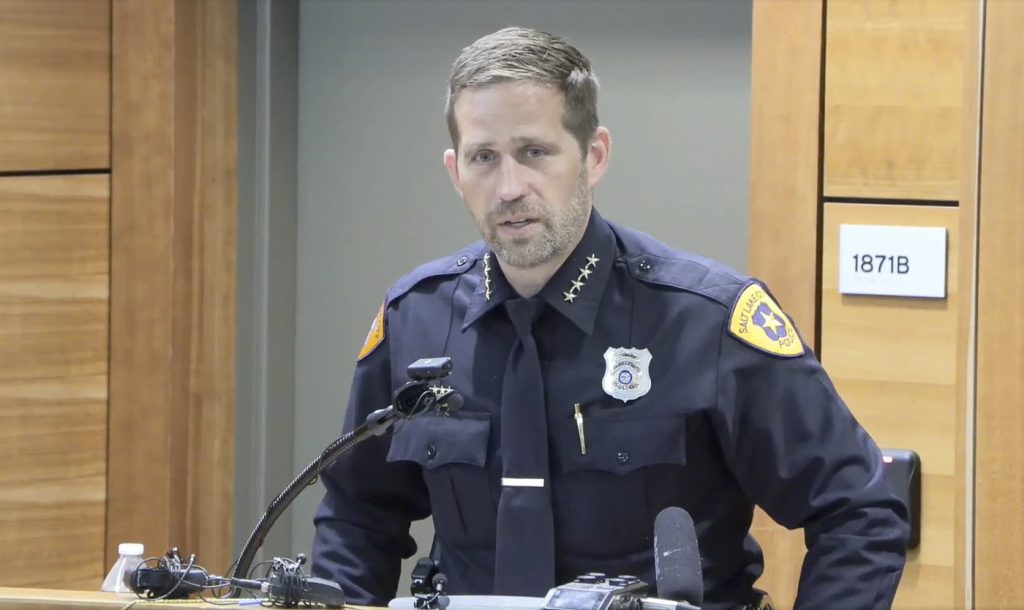WASHINGTON (AP) – President Donald Trump has reportedly rejected a proposal from Israel to target and kill Iran’s Supreme Leader, Ayatollah Ali Khamenei. This information comes from a U.S. official who is familiar with the discussions but spoke on the condition of anonymity due to the sensitivity of the matter.
Israeli officials conveyed to the Trump administration that they had developed a credible plan to eliminate Khamenei. However, after reviewing the proposal, the White House made it clear that Trump was against this course of action. The Trump administration is concerned that such a move could escalate Israel’s military operations against Iran’s nuclear program and potentially lead to a broader conflict in the region.
During an interview on Fox News Channel’s "Special Report with Bret Baier," Israeli Prime Minister Benjamin Netanyahu did not confirm whether the U.S. had rejected the plan. Instead, he asserted that Israel would take necessary actions independently, implying that the U.S. is aware of what is beneficial for its own interests.
Following this, Netanyahu’s spokesperson, Omer Dostri, labeled reports regarding the Israeli plot to kill Khamenei as "fake." Netanyahu further suggested that regime change in Iran "could certainly be the result" of ongoing conflicts, as he believes the Iranian regime is weak. The rejection of this proposal was first reported by Reuters.
In a related development, Trump issued a strong warning to Iran, stating that any retaliation against U.S. targets in the Middle East would provoke a severe military response from the United States. In an early morning social media post, Trump emphasized that the U.S. "had nothing to do with the attack on Iran" amidst escalating tensions as Israel and Iran engaged in missile exchanges for the third consecutive day. Iran has indicated that it holds the U.S. accountable for its support of Israel.
Trump’s warnings were direct: "If we are attacked in any way, shape or form by Iran, the full strength and might of the U.S. Armed Forces will come down on you at levels never seen before." Later in the day, he expressed optimism, predicting that Iran and Israel would reach a deal, suggesting that peace could be forthcoming.
As Trump departed the White House for the Group of Seven leaders summit in Canada, he remained cautious about the conflict, acknowledging that both sides might need to "fight it out" before reaching any agreements. The ongoing conflict is likely to be a prominent topic during discussions with leaders from Britain, Canada, France, Germany, Italy, Japan, and the European Union.
Trump highlighted his administration's previous successes in de-escalating conflicts, drawing parallels to his intervention in tensions between India and Pakistan. He claimed credit for mediating between the two nations, a claim disputed by India itself. Trump's stance in the Israeli-Iranian context appears complex, as there exists a notable divide among his supporters regarding how much backing Israel should receive.
Prominent supporters such as Rep. Marjorie Taylor Greene and Turning Point USA founder Charlie Kirk argue that Trump’s appeal to voters rests on his reluctance to engage the U.S. in foreign conflicts. In contrast, Kentucky Senator Rand Paul praised Trump’s show of restraint but warned of an impending escalation of violence. In an interview, South Carolina Senator Lindsey Graham suggested that while diplomacy is preferable, should it fail, Trump should adopt an aggressive stance against Iran's nuclear ambitions, including potential military action.
This ongoing situation presents a complicated web of political maneuvers, military strategies, and international relations, with potential outcomes that could significantly impact the stability of the Middle East.












